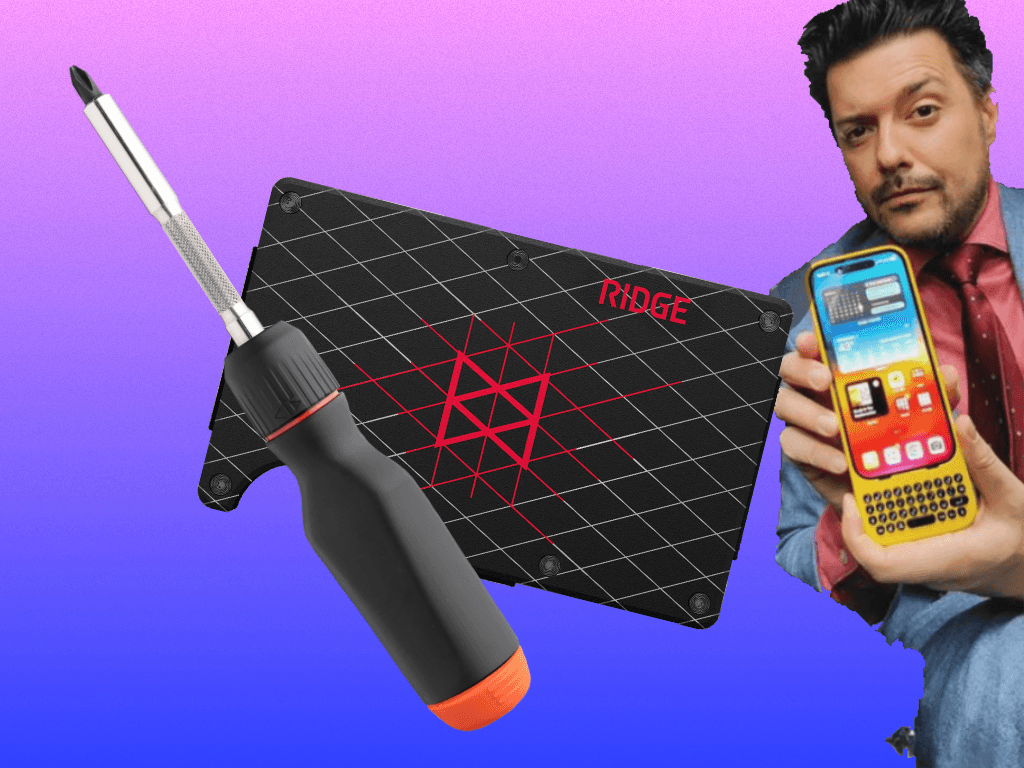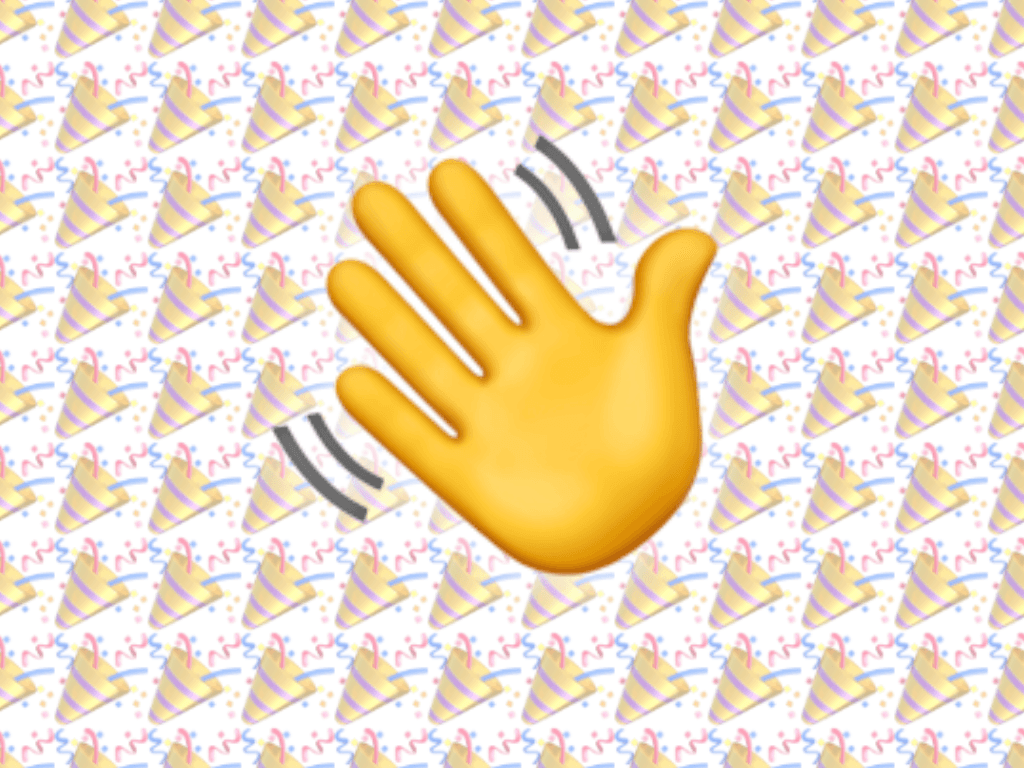Why are Journalists Suddenly Good at Product?
The Secret Advantage of Product Reviewers Turned Product Designers
In recent years, we've seen an interesting trend emerge: tech media personalities are stepping into product development, and they're excelling at it. Meanwhile, established tech companies sometimes struggle to create products that truly resonate with users. What's behind this phenomenon? The answer lies in the unique advantage that professional reviewers bring to product design: deep, articulated user experience.
The Reviewer's Edge: Living with Technology
Tech reviewers like Marques Brownlee (MKBHD), Linus Sebastian, and Michael Fisher (Mr. Mobile) don't just test products—they live with them. Their entire professional existence revolves around:
Using devices in real-world conditions
Finding and articulating pain points
Understanding the emotional impact of design choices
Comparing hundreds of similar products
Communicating these experiences to millions of viewers
This constant cycle of use, analysis, and communication creates a depth of understanding that's hard to replicate in traditional user research settings.
The Language of User Experience
What sets these media professionals apart isn't just their experience with products—it's their ability to articulate what makes technology succeed or fail on an emotional level. This is why companies like Google have made strategic moves to bring in talent from the tech media world, such as hiring Dieter Bohn and Dan Seifert from The Verge.
These individuals don't just understand what makes a good product; they can express:
The philosophical implications of design choices
The emotional response to user interfaces
The subtle distinctions between good and great experiences
The broader context of how products fit into users' lives
The Limitations of Traditional User Research
Traditional product designers face inherent constraints in their research process:
Limited project timelines
Fixed research budgets
Small sample sizes
Artificial testing environments
While designers work hard to understand their target users through observation, interviews, and collaborative design sessions, they're ultimately bound by these practical limitations. Whatever level of understanding they achieve when the research phase ends becomes the foundation for their design decisions.
The Media Professional's Advantage
Tech reviewers turned product designers bring two crucial advantages to the table:
Extensive Product Knowledge
Experience with hundreds of competing products
Deep understanding of market trends
Awareness of both successful and failed approaches
Refined User Perspective
Years of analyzing user experience
Thousands of words written about product details
Clear understanding of what separates "okay" from "great"
Natural ability to think from the user's perspective
The success of media personalities in product development isn't just a fluke—it's the natural result of their unique position at the intersection of user experience and communication. Spending every waking hour doing self-ethnography for years gives them an intuitive understanding of user needs that traditional research methods struggle to match.
As more companies recognize this advantage, we might see a growing trend of journalists transitioning into product development roles, bringing their unique perspective to the design process. I can't wait to see how they change design along the way.
this post was totally a collaboration with Claude, exploring!

